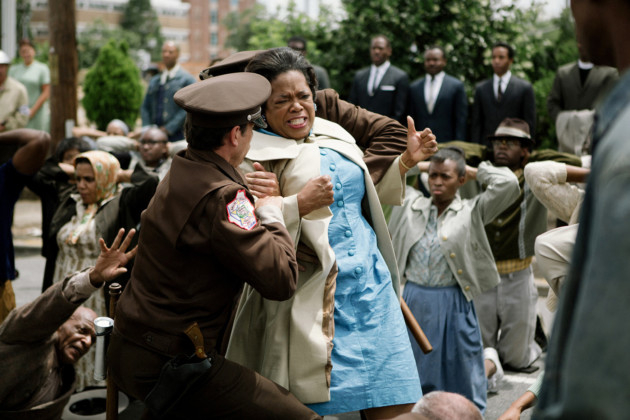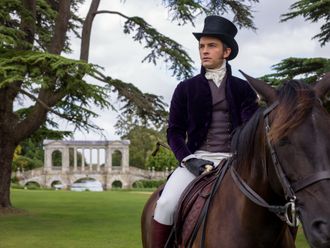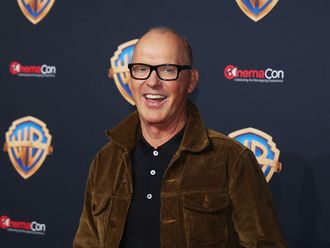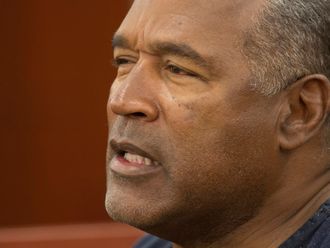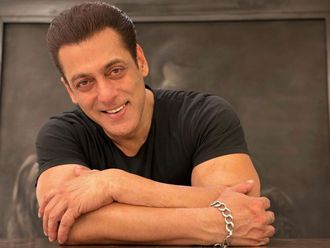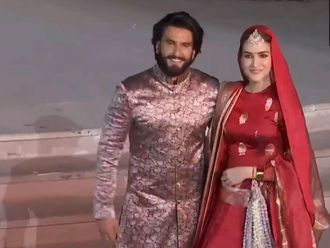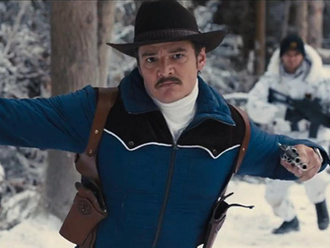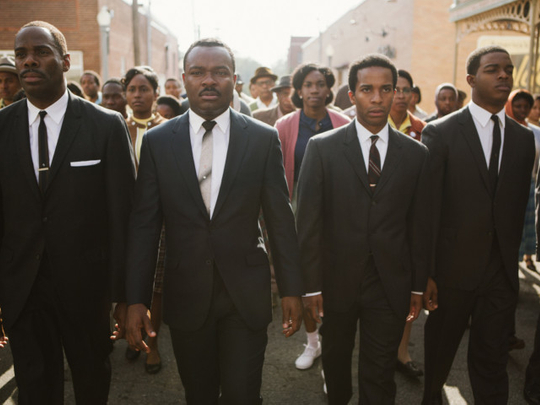
Just as it dramatises Martin Luther King’s momentous marches to the Alabama town of the title, so this stately civil rights movie begins its own march into the awards season with a spring in its step.
Unimpeachably important, ambitious in its scope and handsomely presented, it has all the hallmarks of a trophy winner, for better and worse.
Selma wisely bites off no more than it needs to.
Its focus is King in 1965, when he had given his “I have a dream” speech and received the Nobel Peace Prize, but was still frustrated by the lack of genuine progress on civil rights.
Selma became the flashpoint for the next battle — the right of African-Americans to vote freely — and the greatest strength of Ava DuVernay’s movie is in detailing how strategic King’s leadership was, and how non-violent protest was most effective when it was met with violence.
Selma was selected as the battleground precisely on account of its brutal law enforcement and racist governor, George Wallace (Tim Roth somehow fits the role perfectly), all the better to generate newsworthy clashes and thus communicate the struggle to the American people, and ultimately to the White House.
Of course, the desired clashes arise — over the course of three tense and brutal protest marches that make for arresting setpieces.
But more often this is a story of back room deals and political compromises, as King negotiates with a recalcitrant Lyndon Johnson (Tom Wilkinson), other civil rights factions, and his conflicted wife Coretta.
There’s so much behind-the-scenes deal-making going on, it often feels like we’re missing out on the scenes themselves.
Perhaps mindful that King’s legendary gift for oratory would eclipse most scriptwriters’ efforts, Selma uses it sparingly, and gives equal time to quiet moments of doubt, regret and reflection.
British actor David Oyelowo handles both registers with great poise.
He gives the role admirable subtlety, confidence and charisma, and when he gets the chance to build up a head of steam at a lectern, the movie lifts with him.
The trouble is, that swelling oratory mode tends to creep into scenes where it doesn’t really belong.
All too often in Selma’s quiet, intimate moments, strings and piano music start to swell on the soundtrack, dialogue gives way to extended, grandstanding monologue, and suddenly we’re thinking, “this’ll make a great clip for the awards campaign”.
Perhaps that’s the price of handling big, important episodes of history: it’s almost impossible to take risks or put a personal stamp on them.
There’s too much to honour and do justice to.
As a result, the movie becomes infused with that creamy glow of prestige mythmaking.
Everyone looks dressed in their Sunday best, and there’s no sense of the mud, rain and hardship the real Selma marches entailed.
We often see King in church, backed by stained-glass windows, as if in admission that this isn’t the unvarnished truth; it’s the gospel.
It’s no great spoiler to reveal that the movie closes with a rousing King victory speech, on the steps of the Alabama State Capitol, in which he reassures his audience that “our freedom will soon be upon us”.
You could argue that Barack Obama’s election delivered that promise, but events such as the police shootings of Michael Brown and Trayvon Martin cast the victory of Selma in a somewhat ironic light.
King’s initial complaint that Alabama was 50 per cent black but that only 2 per cent of them were allowed to vote has curious parallels with modern-day Ferguson, Missouri, with its predominantly black population and predominantly white police force.
Perhaps there’s no better time for a reminder of the power of non-violent protest, but Selma also provides a potentially dangerous reassurance that the battle has already been won.


